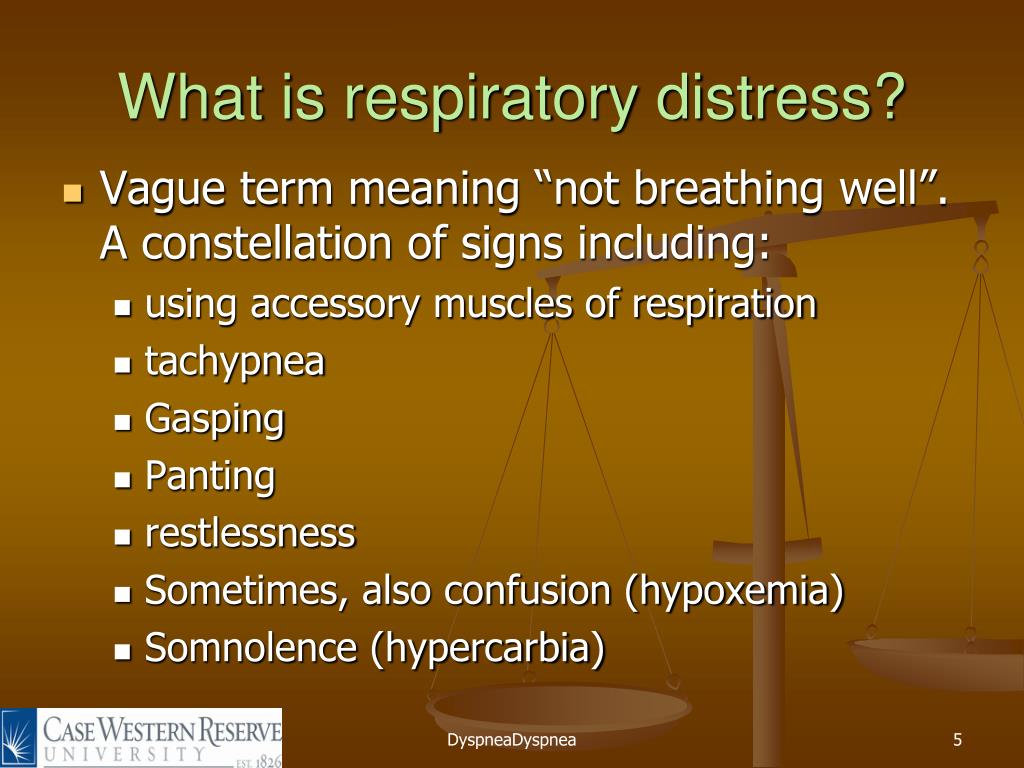
PND can also be caused by certain conditions tied to the lungs and the respiratory system. Once that happens, fluid starts to fill up the lungs making breathing extremely difficult.

It happens when the heart fails to pump blood through the body sufficiently. One that can be dangerous, however, is heart failure.

There are many causes of Paroxysmal Nocturnal Dyspnea, some of which are far less dangerous than others. If it starts occurring regularly, it may lead to sleep anxiety, or in extreme cases, insomnia. It is hard for a person to fall asleep after going through an episode of PND. After sitting or standing up to open up the airways, the breathing starts to normalize, although it may take up to thirty minutes for it to completely recover. The person will then wake up while coughing and gasping for air. PND usually happens during the night, a few hours after a person has fallen asleep. What Are The Symptoms And Causes? It is hard for a person to fall asleep after going through an episode of PND. If the breathing gets interrupted for a prolonged time, PND can get triggered, and the person wakes up. Patients with sleep apnea can experience several episodes of stopped or slowed breathing throughout the night. Sleep apnea can be the cause of Paroxysmal Nocturnal Dyspnea, but the other way around is not possible. It is also important to differentiate PND from sleep apnea, which is a separate condition. “Nocturnal” means that it happens only during the nighttime, and “Dyspnea” is a word used in medicine to specify conditions where a patient suffers from shortness of breath or breathes uncomfortably.ĭyspnea itself can be a symptom of a large number of diseases that are tied to the respiratory system, including pneumonia, heart failure, and chronic obstructive pulmonary disorder. The word “Paroxysmal” is usually used to describe medical symptoms that occur unexpectedly and suddenly. Paroxysmal Nocturnal Dyspnea can easily be explained by defining the meaning behind its name. Some doctors use the term Paroxysmal Nocturnal Dyspnea to describe cases only caused by congestive heart failure, although other medical conditions can cause it as well. The easiest way to relieve symptoms is to sit up straight or stand up.

It can cause shock in people due to how sudden it usually appears. Usually, it happens several hours after falling asleep. When it happens, people wake up without breath, gasping for air. Paroxysmal Nocturnal Dyspnea (PND) is sudden shortness of breath that occurs during sleep. What Is Paroxysmal Nocturnal Dyspnea? When PND happens, people wake up without breath, gasping for air.


 0 kommentar(er)
0 kommentar(er)
